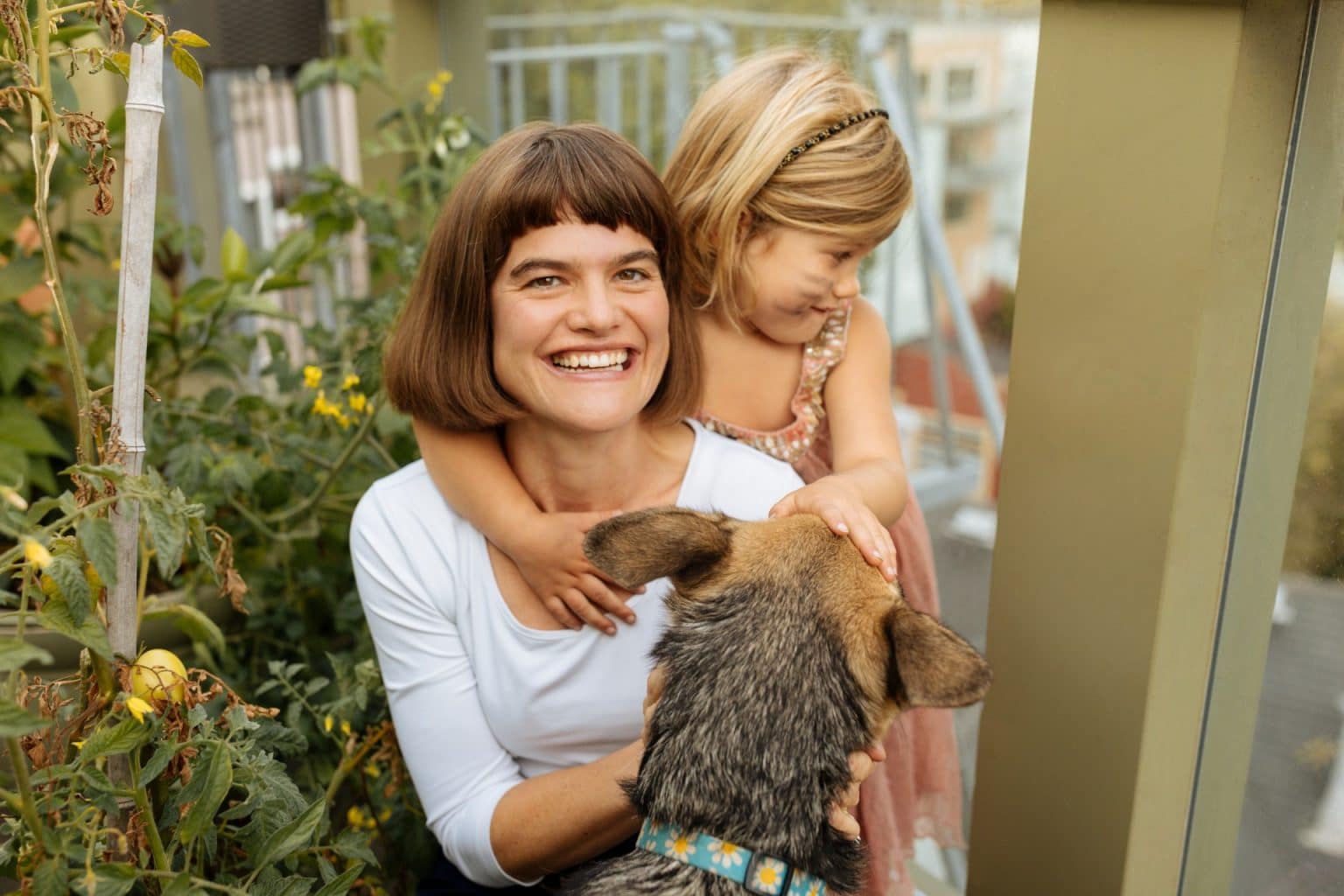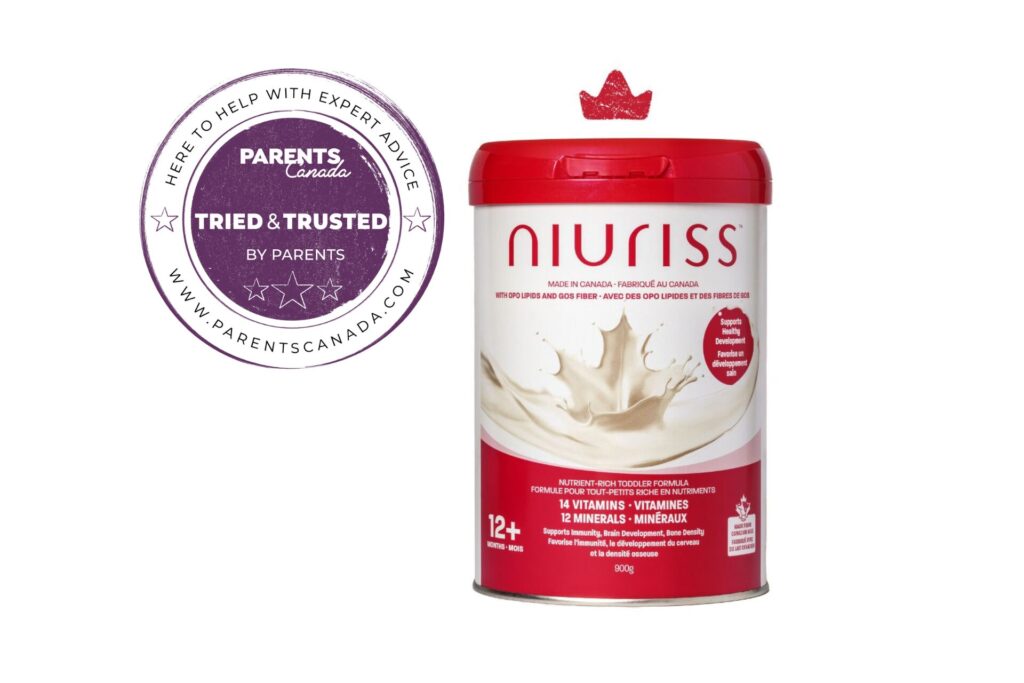A well-known African proverb reminds us that it takes a village to raise a child. In the case of writer Michaeleen Doucleff, it took a few. In her new book Hunt, Gather, Parent: What Ancient Cultures Can Teach Us About the Lost Art of Raising Happy, Helpful Little Humans, she travels — with her three-year-old in tow — to an Inuit village in Nunavut, a Maya village in Yucatan and a community of hunter-gatherers in Tanzania and finds ancient cultures have a lot to teach us about modern parenting.
In search of parental wisdom, the NPR science reporter believed that there had to be a better way to parent. At the time, having “hit rock bottom as a mom” she was struggling with her toddler’s frequent tantrums, describing her as “a small person who seemed, on many days, like a raging maniac.” “If I were honest, I had no clue how to handle Rosy, let alone begin the process of teaching her how to be a good person,” she admits.
Lesson 1: Temper the tantrums
Part of the answer comes from a visit to Nunavut, where meltdowns are met with calm. Unlike their Western counterparts, the Inuit don’t view tantrums as a child’s way to push buttons, test boundaries or manipulate them — they see “illogical, irrational beings who haven’t matured enough to figure out proper behaviour.” Here, there is no battle of wills, no bargaining and no yelling (otherwise, they point out, you’d be acting like a child yourself). Parents go silent and observe the child or walk away.
Lesson 2: Pare back on praise
“Our culture often has things backwards when it comes to kids,” Doucleff finds. This includes praise. While we in the West have a tendency to pile on the accolades as if every accomplishment deserves an exclamation point — Wow! Good job! Amazing! — Doucleff notes this approach can actually backfire and demotivate kids or breed competition between siblings. Maya parents take a less effusive, more effective approach by using subtler feedback, like a smile or a nod. Doucleff tried it herself and found, while overpraising is a tough habit to break, “a lot of [Rosy’s] attention-seeking behaviour went away.”
Lesson 3: Cultivate cooperation
Curbing the attention we lavish on kids also involves child-centred activities and kiddie birthday parties — which Doucleff has now nixed as she feels they can give children the impression they are VIPs and not equal members of the household. Instead, she and Rosy simply spend time together relaxing, visiting friends, even doing chores. It’s another thing she picked up on her travels to Yucatan, where Maya families — including the toddlers — work together on everyday tasks, whether it’s helping with dinner, the dishes or laundry. A form of learning and play, “kids eventually develop truly useful skills,” she says. And as they grow, “they pitch in naturally because they feel like part of the team.“ (Which, as a bonus, also avoids the eventual need for assigning chores down the road, and the inevitable nagging of teenagers that ensues.)
By exploring different paths to parenting, this science writer not only discovered the formula for taming her daughter’s tantrums, she learned how to teach her to be kind and generous. “And part of why that was all possible is because these moms and dads showed me how to be kind and loving to my child in a whole new way.”
Hunt, Gather, Parent: What Ancient Cultures Can Teach Us About the Lost Art of Raising Happy, Helpful Little Humans by Michaeleen Doucleff (Simon & Schuster, 2021) Photo by Simone Anne.











